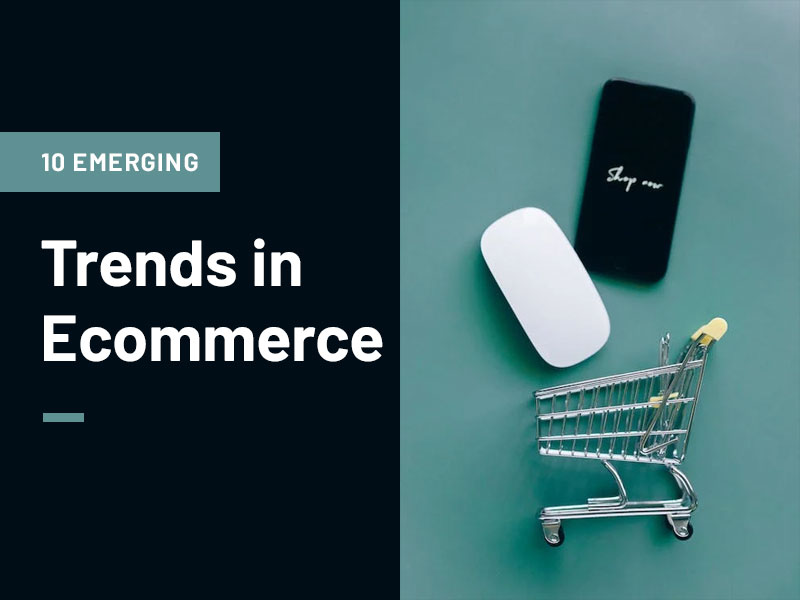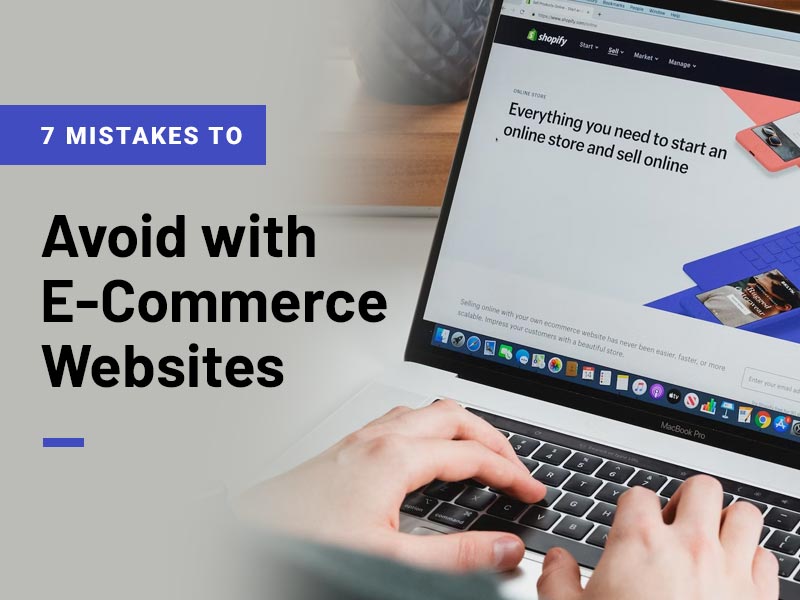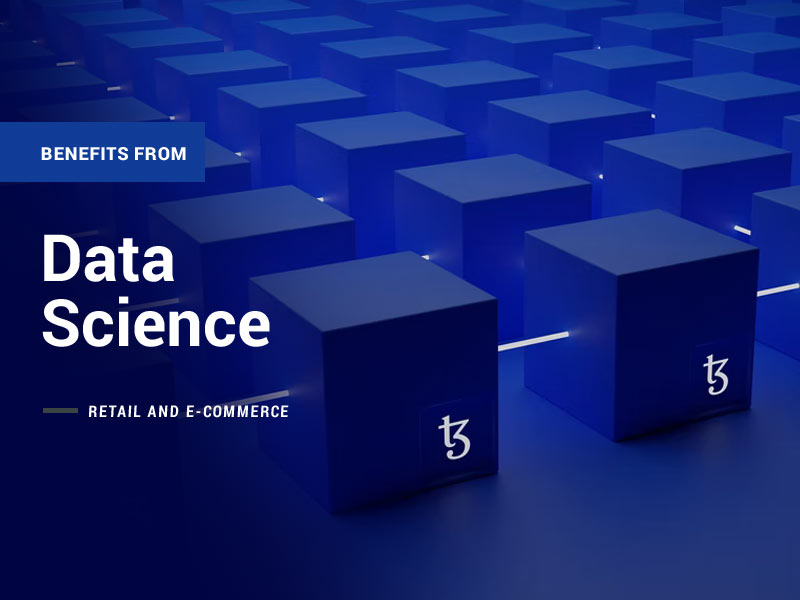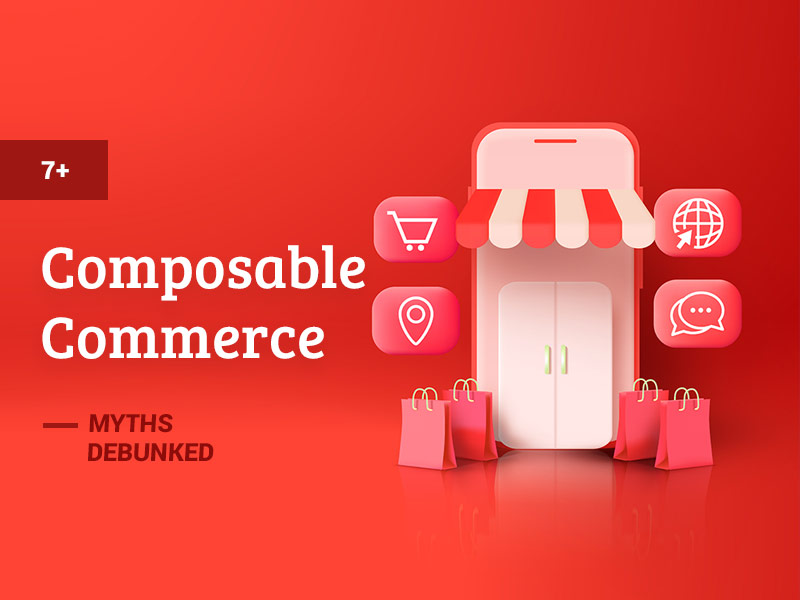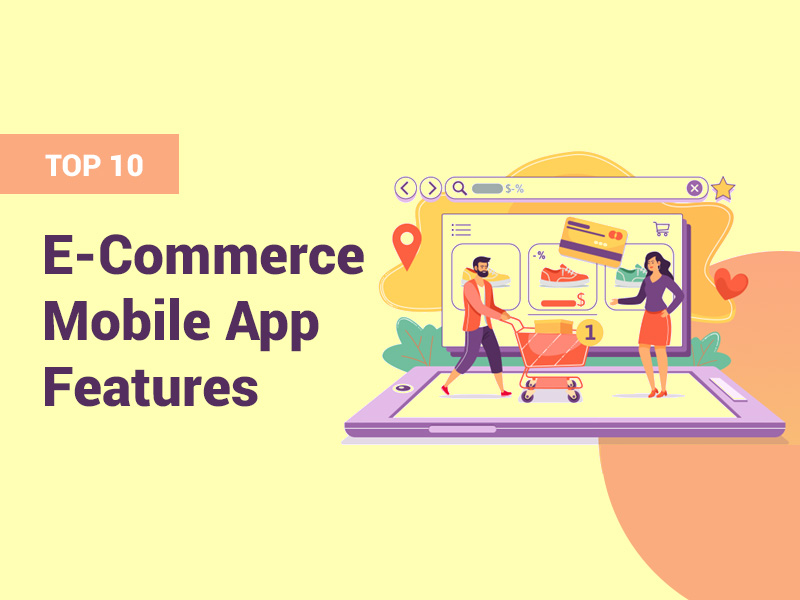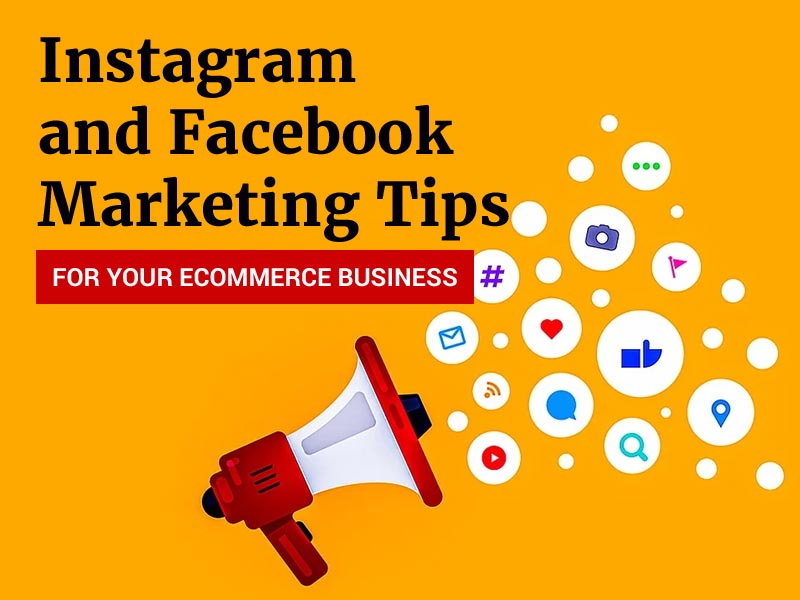The only constant in ecommerce is change. With the rise of technology and shifting consumer preferences, staying on top of the latest trends is essential to stay ahead of the competition. This blog will dive into the top emerging trends in ecommerce that you need to know about. From personalized shopping experiences to sustainable ecommerce, these trends are shaping the future of online retail. So, sit back, relax and get ready to take some notes because the future of ecommerce is looking brighter than ever.
Top 10 Emerging Trends in Ecommerce
1. Personalized Shopping Experiences
Gone are the days of one-size-fits-all ecommerce. Today’s consumers seek a personalized shopping experience that caters to their unique needs and preferences. And businesses are taking notice. Personalization is becoming increasingly important in ecommerce, with companies using data to provide customers with tailored recommendations, personalized marketing campaigns that follow Klaviyo best practices, and even customized product options.
But why is personalization so important? For starters, it leads to increased customer satisfaction and loyalty. When customers feel like a business understands their needs and is trying to meet them, they’re more likely to stick around. Additionally, personalization can increase sales since customers are inclined to purchase products that are relevant to them.
2. Social Media Ecommerce
Social media platforms have become vital for businesses looking to connect with customers and sell products. Platforms like Instagram, Facebook, and TikTok are allowing businesses to create shoppable posts and allow customers to make a purchase directly from the platform. Most businesses increase their visibility by using high-quality images. Even small businesses without the resources to hire a professional photographer take advantage of stock photos to represent their product and make them stand out.
Businesses that have learned the right tactics are making their name and selling their products to customers in their local area using platforms like Facebook Marketplace. But, the benefits of social media ecommerce go beyond just making it easy for customers to purchase products. These platforms also provide businesses with valuable data on customer behavior and preferences data, allowing them to create more targeted marketing campaigns.
3. Augmented Reality and Virtual Reality
Augmented Reality (AR) and Virtual Reality (VR) technology have been around for a while now, but they’re starting to make a big impact in the world of ecommerce. These technologies allow businesses to provide customers with a more immersive shopping experience, whether through virtual try-on for clothing or virtual furniture showrooms.
But, the benefits of AR and VR go beyond just enhancing the customer experience. These technologies can also help businesses to reduce their return rate. For example, a virtual try-on feature for clothing can help customers better understand how an item will fit before they make a purchase, reducing the likelihood of returns. Additionally, VR can be used to train employees, improving their ability to sell products and provide customer service.
4. Subscription Services
Subscription services aren’t new, but they’re starting to make an impact on ecommerce. These services provide customers with a regular delivery of products, whether a monthly box of beauty products or a regular delivery of coffee beans.
But why are subscription services so popular? For starters, they give customers a sense of convenience, taking the hassle out of purchasing products regularly. Additionally, subscription services can lead to increased customer loyalty, as customers are likelier to stick around when receiving regular deliveries of products they love. For businesses, subscription services can also lead to increased sales, as customers are more likely to purchase products on a regular basis.
5. Mobile Optimization
With more and more customers shopping on their mobile devices, businesses need to optimize their ecommerce websites for mobile. This means having a mobile-responsive design that adjusts to fit different screen sizes and creating mobile apps that make it easy for customers to shop on the go.
But why is mobile optimization so important? For starters, it leads to a better customer experience. Customers are more likely to stick around and make a purchase when they can easily navigate a website or app on their mobile devices. Additionally, mobile optimization can lead to increased sales, as customers are more likely to purchase when they can do so easily and quickly on their mobile devices.
6. Influencer Marketing
Influencer marketing has become a big trend in e-commerce, with businesses partnering with social media influencers to promote their products. This can include sponsored Instagram posts, influencer-curated product collections, and influencer-led product launches. But why is influencer marketing so effective? For starters, it allows businesses to tap into the influencer’s audience and reach a new customer base. Additionally, influencer marketing can lead to increased brand awareness and credibility, as customers are more likely to trust a product that’s been recommended by someone they follow and trust. Wondering how to find influencers who fit your niche? How about getting in touch with a highly experienced marketing agency that can help in this endeavor?
7. Same-Day Delivery
Consumers today want their products fast, and businesses are responding by offering same-day delivery options. Companies like Amazon Prime Now and Postmates are leading the charge, allowing customers to receive their products on the same day they place their order.
But why is same-day delivery so important? For starters, it leads to increased customer satisfaction, as customers can receive their products faster. Additionally, same-day delivery can lead to increased sales, as customers are more likely to purchase when they know they’ll be receiving their products quickly. Combined with Magento Post Purchase or similar post-purchase software that allows customers to track orders in near-real-time, customer satisfaction can be brought to a level that equals that of in-person shopping.
8. Voice Commerce
Voice assistants and smart speakers are becoming increasingly popular, and businesses are starting to take notice. Companies like Amazon and Google allow customers to make purchases via their voice assistants, making it easy for customers to shop without interacting physically with a device.
But why is voice commerce so important? For starters, it leads to a more convenient customer experience. Customers can make a purchase simply by using their voice, making shopping easy while multitasking. Additionally, voice commerce can lead to increased sales, as customers are more likely to purchase when it’s easy and convenient.
9. Artificial Intelligence
Artificial Intelligence (AI) is becoming increasingly prevalent in the world of ecommerce, with companies using it to provide customers with personalized recommendations, chatbots for customer service, and even predictive analytics.
But why is AI so important for ecommerce? For starters, it leads to a better customer experience. Customers are more likely to be satisfied when they’re presented with products that are relevant to them and when they have access to quick and efficient customer service. Additionally, AI can lead to increased sales, as businesses can use data to create more targeted marketing campaigns and understand customer behavior.
10. Sustainable Ecommerce
Sustainability is becoming increasingly important to consumers, and businesses are taking notice. More and more companies are focusing on eco-friendly packaging, fair trade products, and sustainable production methods.
But why is sustainable ecommerce so important? For starters, it leads to increased customer satisfaction, as customers are more likely to purchase when they know a business is taking steps to be environmentally friendly. Additionally, sustainable ecommerce can lead to increased sales, as customers are willing to pay more for products that are produced sustainably.
Found this usefull? Check out these 8 ecommerce marketing trends predictions by leading Shopify experts.
Conclusion
Ecommerce is constantly evolving, and it’s essential for businesses to stay on top of the latest trends to stay ahead of the competition. From personalized shopping experiences to sustainable ecommerce, the trends discussed in this blog are shaping the future of online retail. By implementing these trends, businesses can provide customers with a better shopping experience, increase sales, and build a stronger brand. Remember, the future is now, so don’t be left behind. Stay ahead of the curve and embrace the future of ecommerce.
